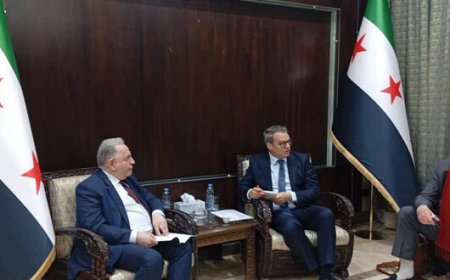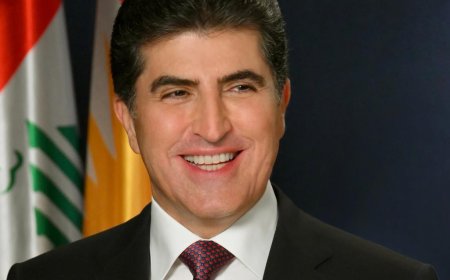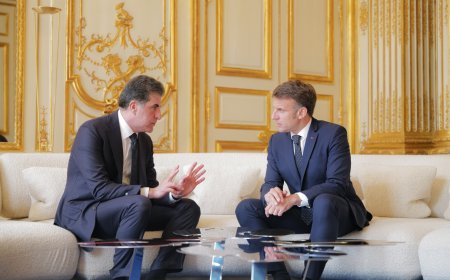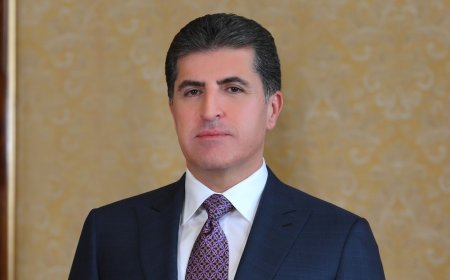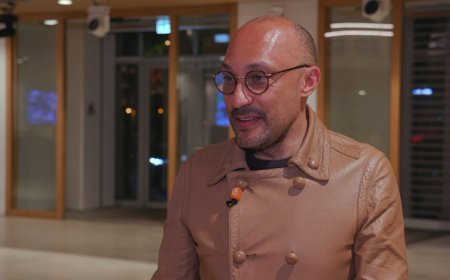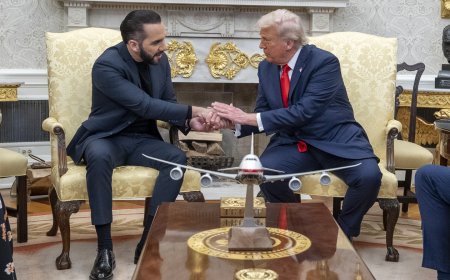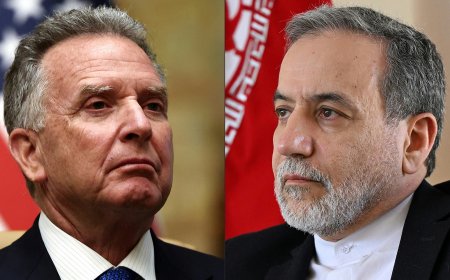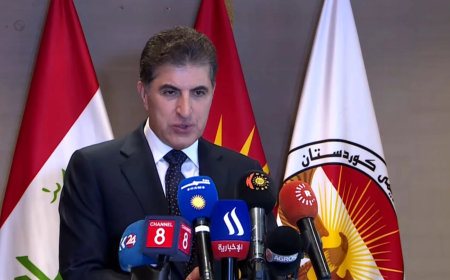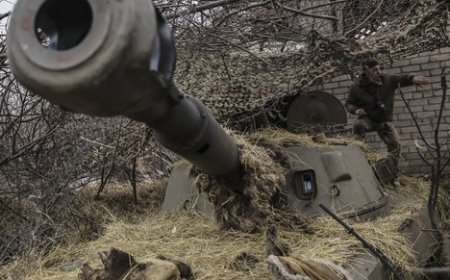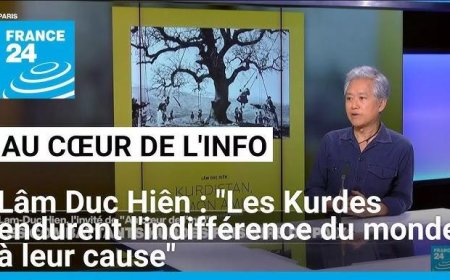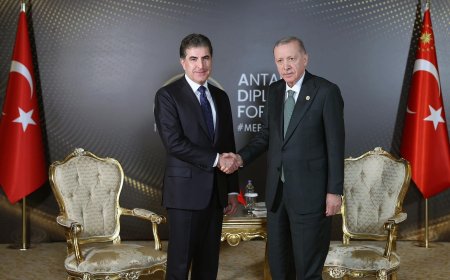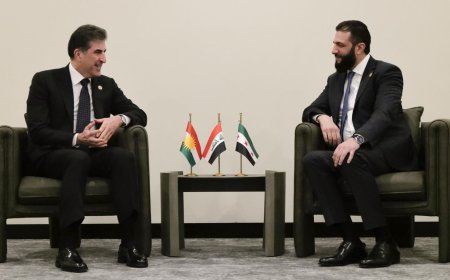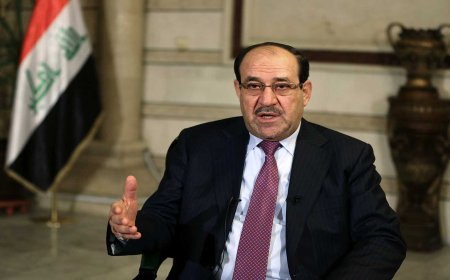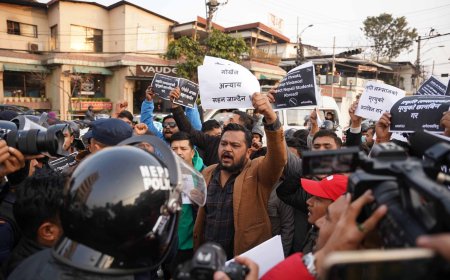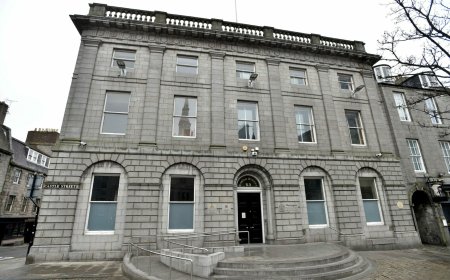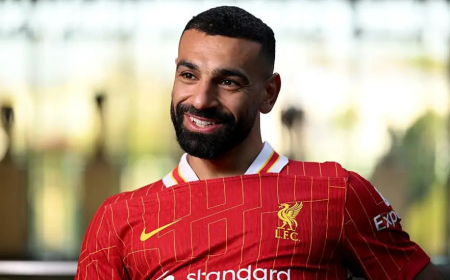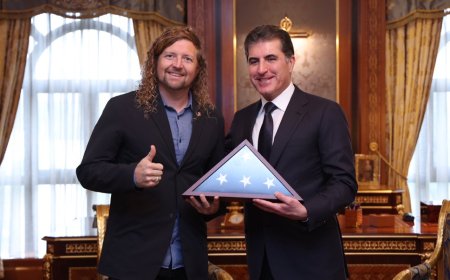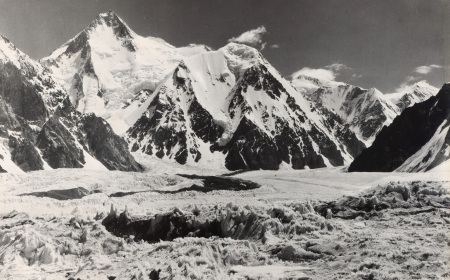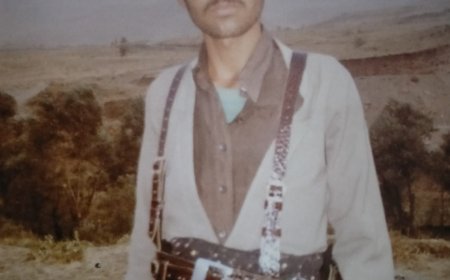The Significance of President Nechirvan Barzani’s Role in Middle Eastern Peace and Democracy
By: Sirwan Abdulkarim Ali / Politician and Academic
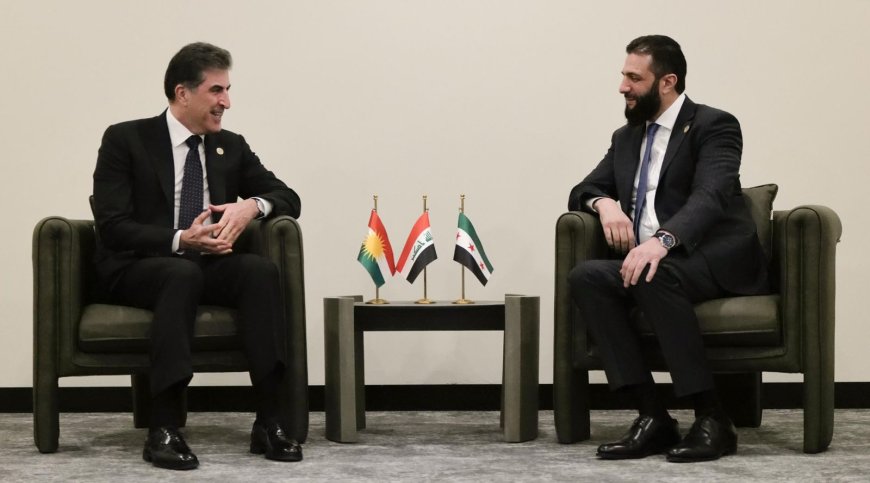
On April 11, 2025, President Nechirvan Barzani arrived in Antalya, Türkiye, to attend the fourth Antalya Diplomacy Forum. This prestigious international event has become a platform for leaders from across the globe to engage in critical discussions on pressing geopolitical issues. One of the notable meetings during the forum was between President Barzani and the Syrian President, Ahmed Al-Sharaa as the meeting emphasized the future of Syria’s relations with Iraq and the Kurdistan Region, focusing on mutual interests, the importance of good neighborliness, and, notably, the continued efforts to combat the lingering threat of terror. This gathering demonstrated how Türkiye has successfully brought together emerging and influential political figures, highlighting Türkiye’s role in regional diplomacy.
The dialogue between Presidents Barzani and Al-Sharaa was a critical step in addressing the ongoing challenges facing the Middle East. President Al-Sharaa’s vision for his country is to embrace all its communities, ensuring that the constitution guarantees the rights of every citizen. In response, President Barzani commended the Syrian President's perspective, underscoring the critical need for peace and stability in Middle East. Barzani advocated for a political resolution to Syria’s challenges, one that respects the rights of all communities, particularly the Kurdish people, while fostering broader regional peace. The reaffirmation by President al-Sharaa of Syria’s commitment to strengthening relations with Iraq and the Kurdistan Region marked a pivotal moment in the effort to build partnerships that benefit both sides and promote regional stability.
As President Barzani continues to play a crucial role in Middle Eastern diplomacy, it is essential to recognize his unique position as a peacemaker. His leadership in Kurdistan has long been defined by a democratic vision that values acceptance and respect for differences. One of the most significant moments of his leadership came during the post-conflict era of 1994-1998, when he played a central role in reconciling the two major Kurdish political factions—the Kurdistan Democratic Party (KDP) and the Patriotic Union of Kurdistan (PUK). After four years of bloodshed, Barzani's diplomacy and commitment to unity led to the establishment of a unified government in the Kurdistan Region, which has since served as a model for political reconciliation in the region. This experience of engineering reconciliation in the face of violent division has shaped Barzani’s approach to conflict resolution on the international stage.
Over the years, President Barzani's responsibility has expanded well beyond Iraq’s borders, and his diplomatic influence is now being closely watched by Western powers, regional players, and the global community. The people of Iraq, Syria, Türkiye, Iran, and even Palestine are keenly observing the steps he takes, hoping for a future defined by peace and democratic governance. The challenges these nations face are intertwined, from the struggle for Kurdish rights to the broader quest for stability and democracy in the region. President Barzani stands as a symbol of hope for the millions who long for a peaceful and prosperous Middle East.
As we look to the future, the ongoing discussions at the Antalya Diplomacy Forum, which bring together influential leaders like President Barzani and President Al-Sharaa, offer a glimpse of what could be a new perspective on coexistence in the Middle East. The forum serves as a reminder of the importance of diplomacy in resolving regional conflicts, finding common ground, and revitalizing the democratic processes that have long been undermined in the region. We hope that these efforts will lead to the end of bloodshed, the restoration of trust among communities, and the building of a more peaceful and democratic future for all.
In conclusion, President Nechirvan Barzani’s role in shaping the future of the Middle East cannot be overstated. His leadership in fostering dialogue, advocating for democracy, and resolving conflicts has had a profound impact on the region. The international community, particularly Western powers, closely monitors his every move, understanding the weight of his responsibility in guiding the Middle East toward a more peaceful and democratic future. With figures like Barzani leading the charge, there is hope for a new era in the Middle East—one where peace, stability, and democratic values are realized for all.
